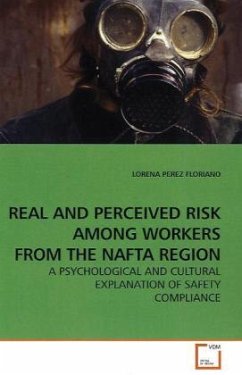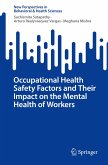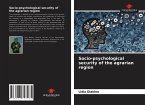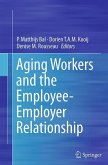A theory of worker safety compliance was proposed in which knowledge about industrial hazards was hypothesized to lead to behavioral change if the knowledge had to do with the effect of these hazards on the workers health, and if it was paired with behavioral alternatives for safe performance. The study examines the impact of nationality and the cultural values on risk perception from industrial hazards and attitudes toward safety among electric utility lineworkers from Canada, Mexico, and the United States. People who endorsed the value of universalism were more likely to both express the intention to follow safety procedures and to perceive stronger social norms regarding safety regulations. The value of power was also significantly and positively related to the intention of following safety procedures. Last, Mexicans overall expressed a greater likelihood of complying with safety procedures than Americans.
Bitte wählen Sie Ihr Anliegen aus.
Rechnungen
Retourenschein anfordern
Bestellstatus
Storno








